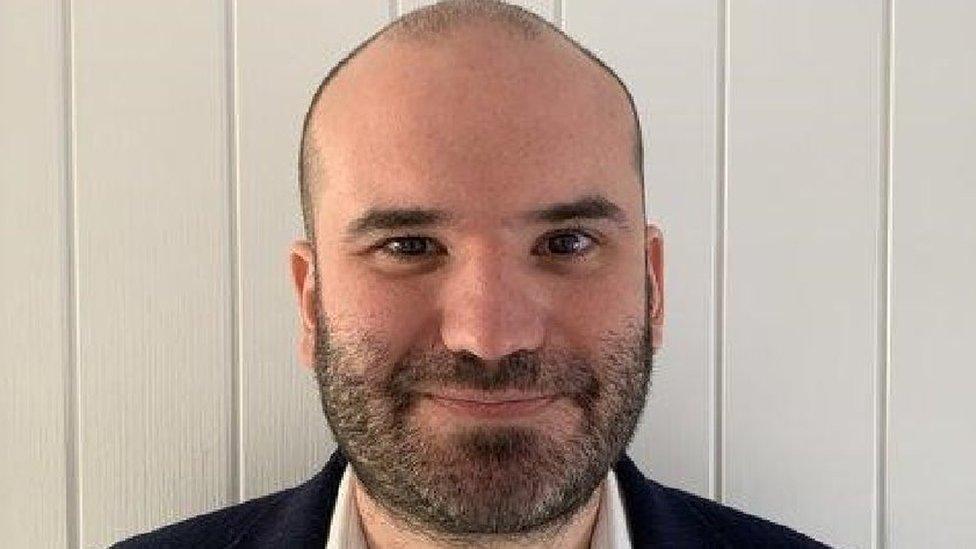Devon study: Parkinson’s research and drug trial seeks volunteers
- Published
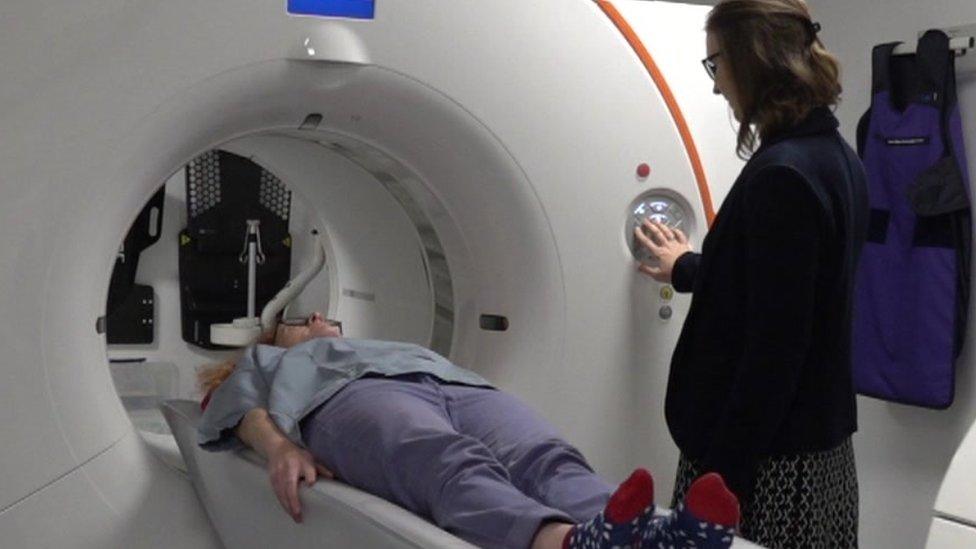
More detailed scrutiny of the brain could hold the key to a new therapy say reseaerchers
Experts in Devon hope clinical trials will allow new therapy for people with Parkinson's disease and are looking for volunteers to take part.
The condition affects about 128,000 people in England.
University of Exeter scientists say not enough is known about the cause and there are few treatments.
Now, researchers at the university believe that a new drug, along with more detailed scrutiny of the brain, could hold the key to a new therapy.
The charity Parkinson's UK says the study, to be carried out in two different clinical phases, could give the brain a chance to repair itself.
Senior researcher Dr Heather Wilson, from the university, says the first phase uses advances in technology to examine inflammation in the brain, which could be playing a role in the cause and progression of Parkinson's.
The second will test a new drug called Selnoflast which, it is hoped, will reduce that inflammation.
The pharmaceutical firm F. Hoffmann‐La Roche is funding the study, which will see the first phase led by the University of Exeter's Neurodegeneration Imaging Group, while the second phase will involve the Royal Devon University Healthcare NHS Foundation Trust.
Both studies are active and currently recruiting. The university says it is seeking people with Parkinson's disease and healthy volunteers to get in contact to discuss the studies and assess their suitability.
The clinical trial is running across sites in the UK, including the University of Exeter - the lead UK site - as well as in the Netherlands and US.
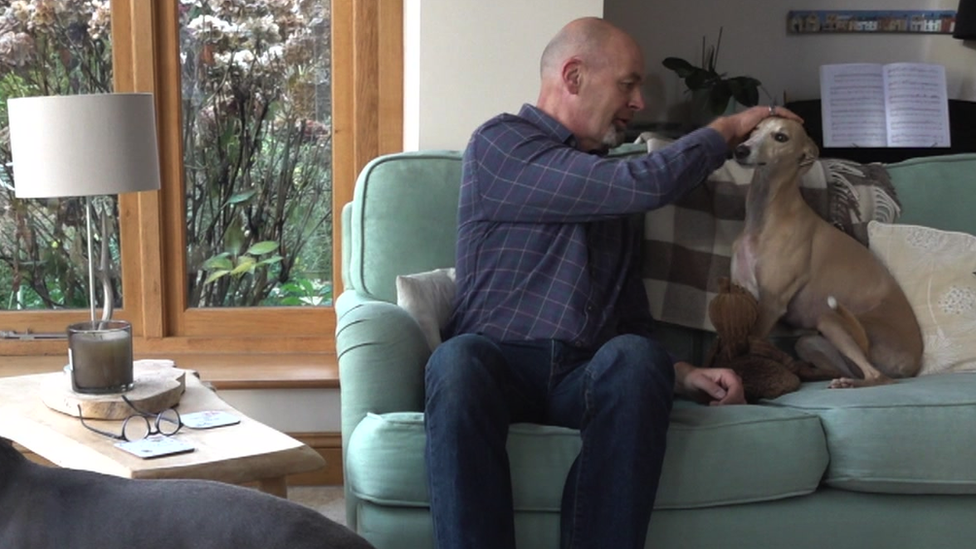
Tim Walker is involved in the research
Tim Walker, 56, from Corton Denham, Somerset, is already involved in the research.
He was diagnosed with Parkinson's disease in 2020.
He has had his brain scanned at the University of Exeter and is waiting for results from the second stage of the study.
"I tested a drug to see if it would affect my brain, I'm waiting to hear about that," he said.
"I understand there haven't been any significant advances in treatment for a long time, so if this study can get more information, then they could find a way of stopping it."
Dr Wilson also hopes to shed light on what causes Parkinson's disease, as she says little is currently known about its early stages.
She believes the results could be ground-breaking.
"We're hoping that inflammation in the brain plays a key role in the cause and progression [of Parkinson's]. And so, this new drug, that looks to reduce inflammation, looks to then reduce damage to neurons.
"If that's successful, then we might be able to use it to get a disease modifying therapy; and stop the progression. That's what we're striving for."
Researchers are now on the lookout for more participants.
The first phase of the trial, the brain inflammation study, is looking for another 12 volunteers.
The second phase, to test the new drug, is being led by the University of Exeter but with testing also in the Netherlands and the US, and is looking for another 55 people with Parkinson's disease to sign up.
Positive results hope
Mr Walker is keen to encourage more people to come forward.
"If you have Parkinson's, as I do, we are the perfect people to help with the study, without us, nothing will change," he said.
"And it won't get better, so if you can help, please do".
Prof David Dexter, director of research at the charity Parkinson's UK, says it is an "adventurous" trial, one that he hopes will produce positive results.
"For somebody with Parkinson's, they know it's a progressive neurodegenerative condition, and most people know eventually the drugs start to lose their effectiveness, so it [this study] gives people hope that something is going to slow Parkinson's," he said.
The results from the first phase of the trial are expected in 2025.
People with Parkinson's disease interested to know more about these studies, or wishing to volunteer, can contact the Neurodegeneration Imaging Group at neuro@exeter.ac.uk.

Follow BBC Devon on X (formerly Twitter), external, Facebook, external and Instagram, external. Send your story ideas to spotlight@bbc.co.uk, external.
Related topics
- Published8 December 2023
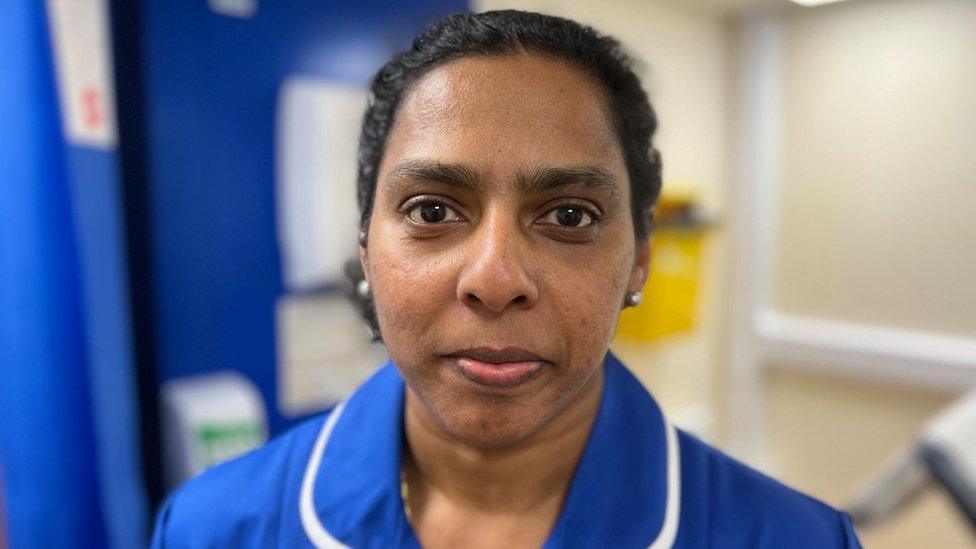
- Published11 May 2023
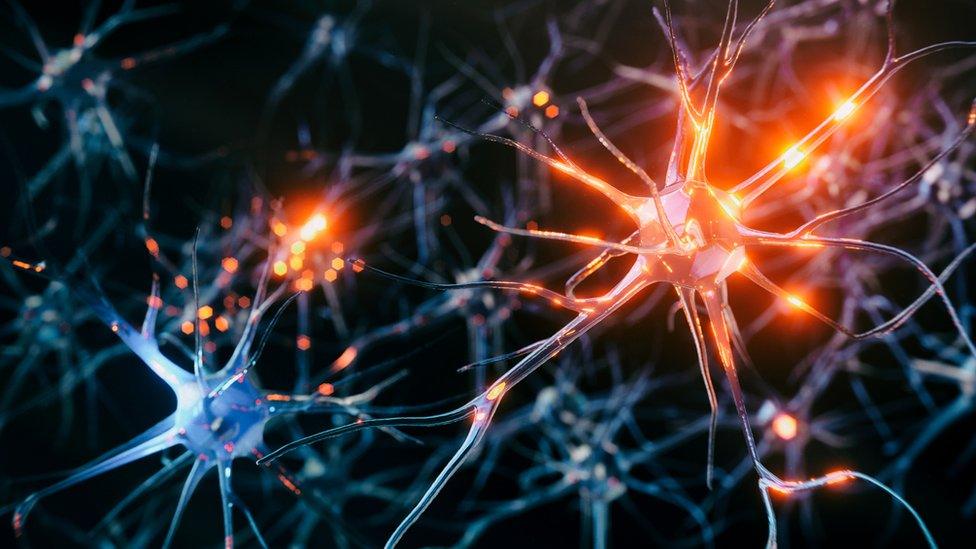
- Published29 April 2023
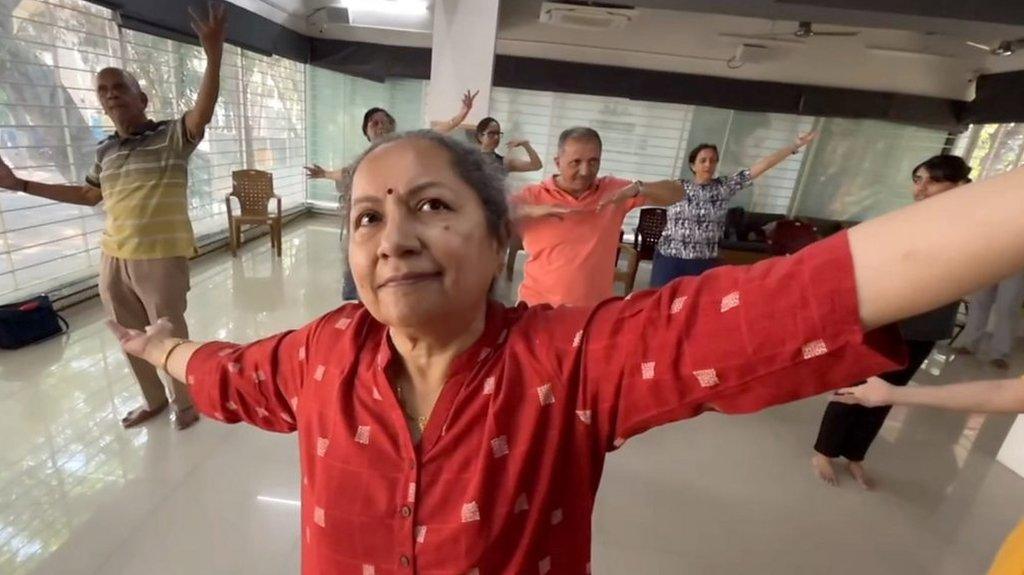
- Published11 April 2023
